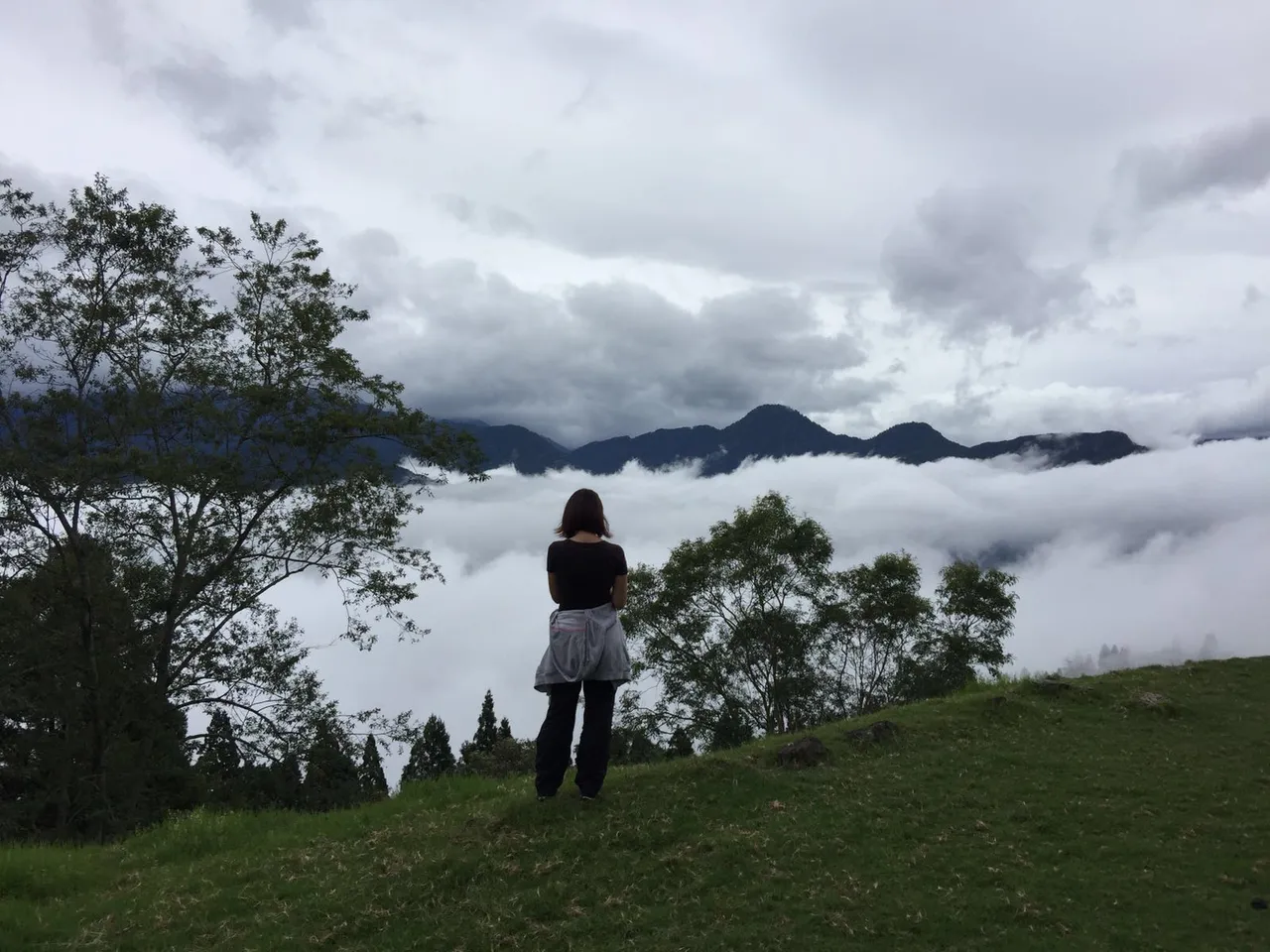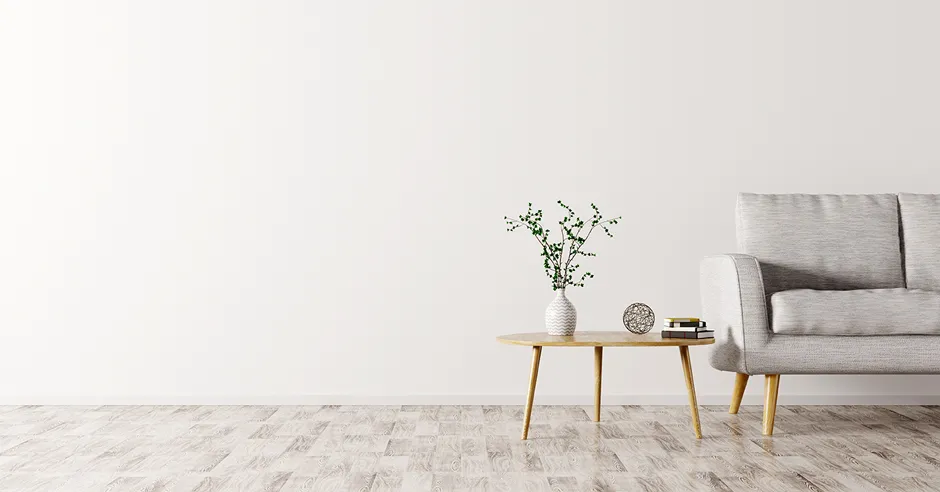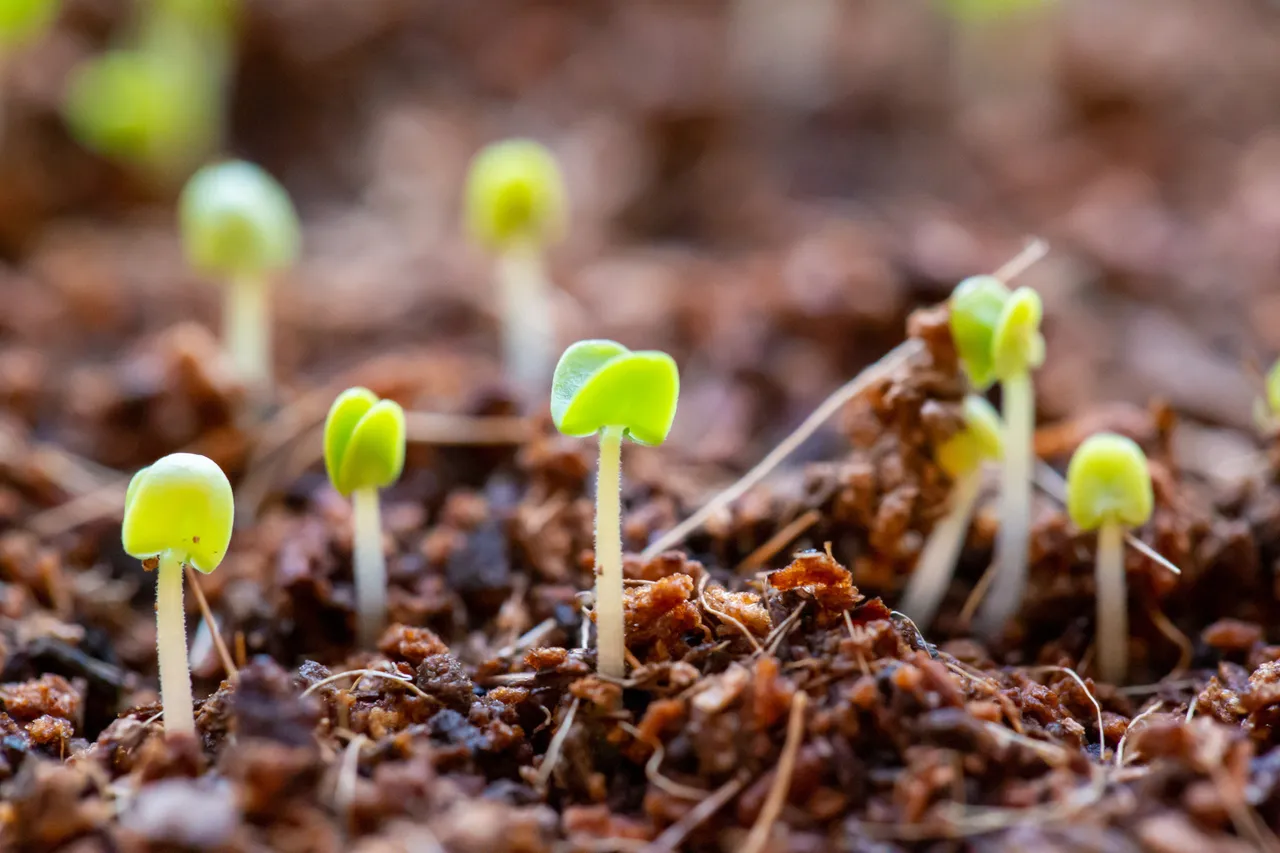People say BC has taken on a totally different meaning. Everyone now knows what it was like Before Covid-19. But what will it be like after? Since we're still IN Covid-19 all we can do is to hope everyone rides it out. Whilst we're doing that, it might to useful to think about what sort of changes or lifestyle we want to see for our future.

Minimalistic lifestyle
Having been in lockdown for a long period of time you may have realised you really don't need a lot in life. Often our lives are burdened by too many possession. Shall I wear the green foral dress today, or the yellow one with black polka dots? How about the white top matched with blue skirt, or perhaps the blue top with black culottes? Remember the £1000 designer handbag that was the IT bag last year? It surely isn't as practical as the canvas shopping bag that you've been using these few weeks every time you go out. Not to mention the canvas bag only cost a small fraction of the price and you can spray it with a disinfectant spray or throw it in the washing machine when it gets dirty.
I'm currently living in a temporary flat, and don't want to buy too many 'things'. There are some basics I need, and I've realised if you look around hard enough, you can create a lot of things out of nothing. Plastic is bad but it's difficult to eliminate it all together yet. Instead of throwing milk cartons away, they can be useful at home. I've cut them into a cutlery drainer, a colander, and used it as a watering jug. Ok they're not as stylish as the Joseph Joseph or Alessi range, but remember minimalistic? That's stylish.

Photo source https://nosidebar.com
GYO
I know there's a big homesteading community on Hive and I always envy them when I read about their harvest. My excuse is I don't have outdoor space and I don't know how to grow my own stuff. Nowadays you can learn so much on internet and from the homesteaders here. As to space, even a pot of herbs on the window sill is a good start, not to mention it adds a sense of nature to the home.
Two weeks ago I started to plant some lettuce and wild rocket. They have germinated, but the rockets are very small compared to the ones I saw on YouTube videos. If they don't grow, I'm going to eat them as micro vegetables, I tried a few already when I was thinning them out and their flavour was quite intense. I'm going to plant a second batch, this time with more compost and I'm going to keep moist and out of direct sunlight. At least that's what internet says. The good thing with GYO, is I can learn and improve with each crop till I get the results. It can be a long process but in the long run it will be worth it. The irony is, if I see my crops harvest, it means I will be under lockdown for a long long time. However, having this experience means I won't be afraid of GYO in future and I'm determined not to let excuses get in the way again.

Photo by Solo Shutter from StockSnap
Adjusting the global value chain
This change is going to take a lot more than my own effort.
Industrialisation in the past half a century has shifted manufacturing production from the developed countries to developing countries. The abundance of labour in the developing countries and labour arbitrage with the developed countries have helped to fuel this shift. People opted for the convenience of low cost and often low quality products, at the expense of domestic output. Even when a product is home made, one or more part of the value chain is likely to be dependant on a developing country.
Take the pharmaceutical industry for example. TL:DR although many drugs are made in labs in the developed countries, active pharmaceutical ingredients (API) ie the chemicals used to make these drug are mainly produced in China and India. Many factories still remained closed in these two countries, and if this continues for much longer it could have a huge disruption on the global pharmaceutical industry and patients.
Economies of scale and labour arbitrage can be a double edge sword. It's great to keep production costs down and remain competitive, but it also creates dependency. Businesses need to think how about how to reduce this risk post Covid-19. And it's not only about diversifying suppliers and the manufacturing process. Sales and marketing have a role to play to encourage more consumption of locally produced goods. Taiwan's MIT Smile Logo and UK's Made in Britain accreditation are two examples that aim to drive consumers towards locally made products.
And that's how everyone can help. Support your own local economy to minimise disruption and help yourself in the long run.

